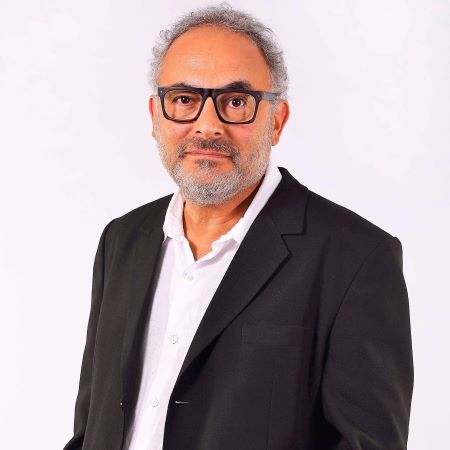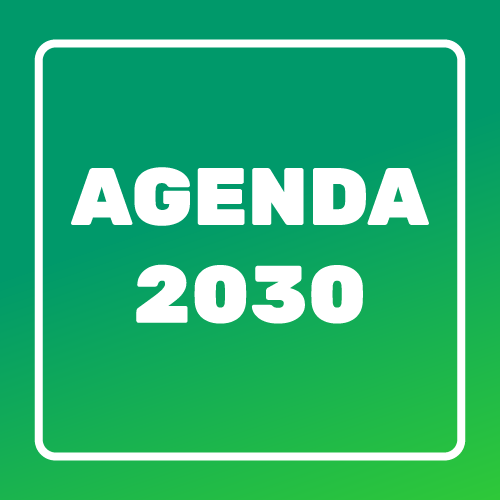ESG pillars need to stand
Perhaps it would be more beneficial to start thinking about the issue by taking its true values
Originally published in the newspaper “O Globo,” on September 6, 2023
Warnings about the decline and, perhaps, the collapse of ESG (Environmental, Social, and Governance) have been constant. Before trying to predict the future, it may be more beneficial to start thinking about the issue considering what this acronym represents and what would be lost with it. Disseminating ESG practices constitutes a civilizing advance. Based on the attempt to build a metric for environmental, social responsibility, and transparent governance practices, ESG opens the possibility of establishing the value generation of actions linked to these pillars for business and society, providing essential subsidies to the choices made by investors.
It is worth asking, first of all, where the rumors of crisis come from. It seems that ESG has been widely pressed by atypical circumstances that, in the eloquent expression of a recent Thomson Reuters report, can be described as a “almost perfect storm.” Besides all the problems caused by the pandemic years, companies and national states have had to deal with the economic impacts of the war between Russia and Ukraine. Among these, it is worth highlighting the increase in energy prices and the need to strengthen the sector’s security, especially in Europe, because they have negatively pressed the carbon reduction targets. Moreover, the practice of companies that avoid disclosing information about their sustainability practices to avoid criticism – greenhushing – is shameful.
Greenhushing practices have harmful effects because, to put it simply and kindly, any adult knows that not talking about problems does not make them disappear. If meeting environmental goals is difficult, we need to re-discuss them. Not to mention greenwashing – an attempt to pass a fake image of concern for environmental sustainability – which seems to give the impression that ESG is nothing more of a trend in the business world. It is, however, simple cheating.
On another equally important front, we must remember that the American political debate captured ESG. The “cultural war” waging in the US has generated such a toxic environment that BlackRock CEO Larry Fink recently said he would no longer use ESG because it is “fully armed” by both the far left and the far right. But Fink demonstrated that ESG’s strength is still present in saying that, despite abandoning the acronym, he keeps defending the ideas behind it and considers them as parameters to identify highly profitable assets, thus guiding investors’ choices.
Fink’s observation translates something that is of the utmost importance. The term ESG has been trending, leveraged mainly by leading players in the financial sector, such as BlackRock itself. However, the trend and the overestimation of the model seem to have provoked a kind of saturation and wear of the acronym. Something like this seems to occur in the US capital market, where ESG funds have been giving way to thematic funds based on the same principles and methodologies but under another nomenclature. It does not seem an overstatement to say that the acronym ESG is becoming more of a victim of the hyper information era. The overuse has ended up impoverishing the words of their whole meaning.
If this scenario suggests a decline in the ESG agenda in the media and in specific sectors of society, it does not seem that this negative effect of hyper exposition should influence the agenda and decisions of companies and their investors. Despite the adverse context, fortunately, the importance of the metric established by ESG in the Brazilian business sector seems to remain strong. According to an Aberje survey, in 2021, 95% of companies had ESG among their top five priorities. This resilience should not surprise anyone. After all, it is worth remembering that ESG ideas were already present before their emergence and will not disappear if the acronym disappears. Let the jargon fall if this is unavoidable but let the ESG pillars remain standing.
The articles presented herein do not necessarily reflect Aberje’s opinion; their content is the author’s sole responsibility.
Paulo Nassar
CEO of the Brazilian Association for Business Communication (Aberje); Full Professor at the School of Communications and Arts of the University of Sao Paulo (ECA-USP); Doctor and Master at ECA-USP. He is the coordinator of the Study Group of New Narratives (GENN) at ECA-USP; a master’s and Ph.D. advisor researcher (PPGCOM ECA-USP); and a researcher at the British Academy (University of Liverpool) – 2016-2017. Among other awards, he received the Atlas Award, awarded by the Public Relations Society of America (PRSA) for contributions to public relations practices, and the Communicator of the Year Award (Life Path), awarded by FundaCom (Spain). He is co-author of the books “Communicating Causes: Strategic Public Relations for the Non-profit Sector” (Routledge, UK, 2018); “The Handbook of Financial Communication and Investor Relation” (Wiley-Blackwell, New Jersey, 2018); “What Is Business Communication” (Brasiliense, 1995); and “Media Narratives and Communication – Building Memory as a Process of Organizational Identity” (Coimbra University Press, Portugal, 2018).
Hamilton dos Santos
Journalist, Master and PhD in Philosophy from the University of Sao Paulo (USP). He also holds a degree in Business Administration from Stanford Global Business School. He worked in several newsrooms of the leading media outlets in Brazil and as director of Human Resources at Editora Abril, where he worked for 20 years. He is the Executive Director at Aberje – Brazilian Association for Business Communication, representing the institution in the Global Alliance for Public Relations and Communication Management. He is a member of the Page Society, the Poiésis Board, and one of the leaders of the “More People are Reading” movement.
Destaques
- Theme of the Year “Communication for Transition” Renewed for 2025
- Web Summit Lisbon 2024: Innovation and Ethics in a Future Shaped by AI
- Global Alliance Launches Recognition Program for Young Communicators
- Alejandro Cornejo Montibeller Joins the Latin American Regional Council of the Global Alliance
- LiderCom Meeting Discusses International Expectations for COP30
ARTIGOS E COLUNAS
Carlos Parente As sutilezas no ofício da comunicação, para não ofuscar o Rei SolPaulo Nassar Anna ChalaPatricia Marins Meta e o fim da checagem de fatos: por que a Dieta da Comunicação é essencial para a gestão da reputação em 2025Thais Andreoli Gestão de crises: transparência ou discrição?


































